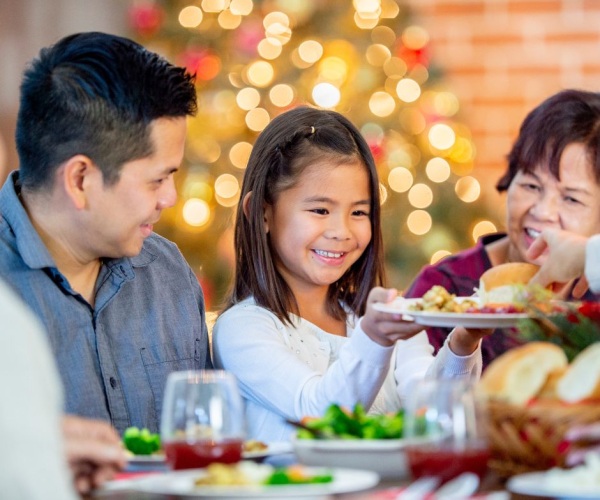Social Skills During the Festive Season: A Parent’s Guide

The holiday season is a time of joy, laughter, and merriment for many families. From twinkling lights to festive gatherings, the holidays bring many opportunities for children to engage with others. While these moments can be enriching, they also present challenges for some youngsters navigating their social skills. As parents, it’s crucial to recognise the significance of supporting our kids in developing and enhancing their social abilities during this time.
Why Do Children Need Social Skills Support?
Social skills are at the heart of healthy relationships. However, the festive period might pose unique situations that can be overwhelming for children, causing the need for additional social skills support.
- Navigating Overstimulation: The holiday season can bombard children with sensory overload – from crowded malls to bustling family gatherings. Such environments can be challenging for children, especially those sensitive to stimuli, leading to anxiety or withdrawal.
- Handling Expectations: Family gatherings often bring expectations, whether in the form of social etiquette or interaction. Children may feel pressured to engage or are unsure how they are meant to act, resulting in discomfort or shyness.
- Managing Emotions: The holidays bring lots of big emotions – excitement, joy, or even stress and disappointment. Children may find it challenging to express these feelings appropriately or understand others’ emotions.
- Coping with Change: The holiday season often disrupts routines, and adapting to these changes can be unsettling for some children. Coping with transitions might require additional support.
How Parents Can Support Children’s Social Skills?
- Empathy and Communication: Encourage open communication by actively listening to your child’s feelings and thoughts. Teach empathy by discussing others’ emotions and perspectives, to build their compassion. “How did you feel? How did the other person feel?”
- Practice and Role-Play: Create opportunities for your child to practice social interactions through role-playing scenarios. This can help build confidence and prepare them for various social situations they might encounter. Wrap up fake presents and practice your thank yous -even when the gift might be disappointing. Try using dolls to act out some scenarios like being asked to try a new food.
- Set Realistic Expectations: Understand and respect your child’s comfort zone. Encourage participation but avoid pushing them beyond their limits. Acknowledge their efforts and progress, regardless of the outcome. Helping your child to politely refuse a hug will help them feel empowered without offending others.
- Teach Coping Strategies: Equip your child with coping mechanisms to manage overwhelming situations. Breathing exercises, time-outs, or a designated safe space can provide some space when feeling distressed.
- Create Supportive Environments: During gatherings, offer your child a favourite toy, stuffed animal or activity that serves as a comfort zone. Additionally, communicate with family and friends about your child’s needs.
Remember, every child is unique, and their social development will develop at their pace. Be patient, offer support, and celebrate their progress. The holiday season can be stressful at times but with the right tools you can be prepared and foster social growth, resilience and confidence in your child.
Happy Holidays.